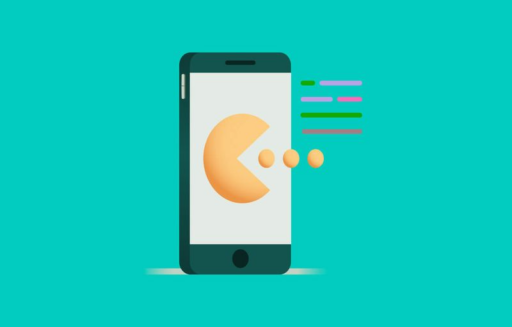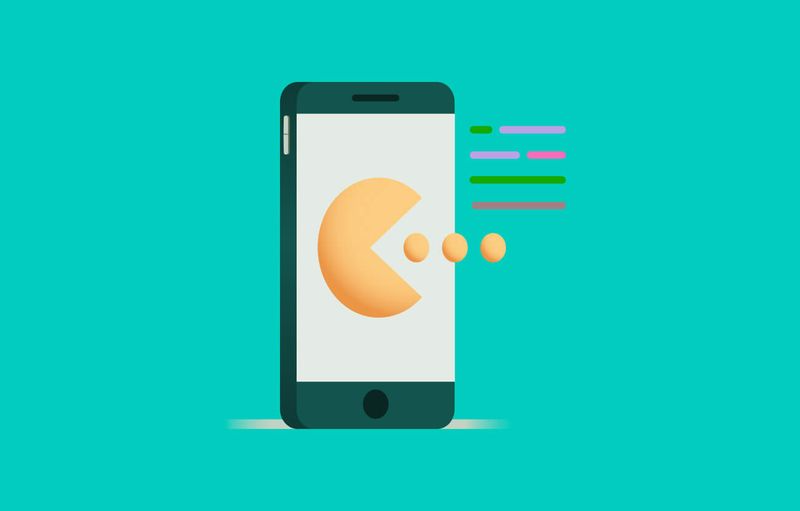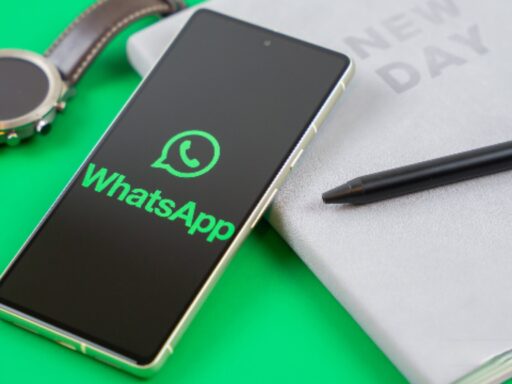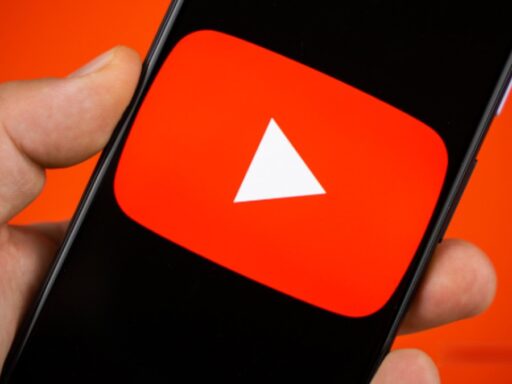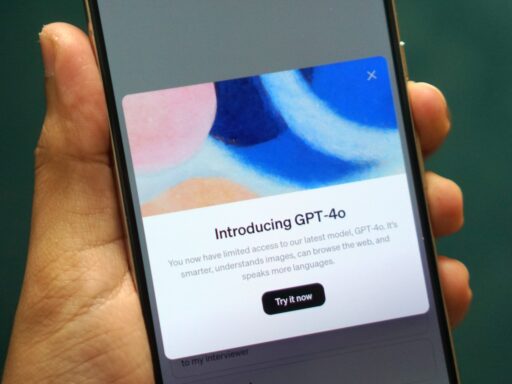In today’s digital age, mobile apps have become essential tools for everyday tasks, entertainment, and business. If you’ve ever thought about creating your own mobile app but don’t know where to start, you’re in the right place. Building your first mobile app can be an exciting journey, and here’s a beginner’s guide to help you get started:
Define Your Idea and Goals
Every successful app starts with a clear idea. Begin by defining what problem your app will solve or what purpose it will serve. Consider your target audience and the unique value your app will offer to users. Write down your goals and objectives to keep your development process focused.
Research and Plan
Research existing apps in the same category to understand their features, user interface designs, and functionalities. This will help you identify gaps or opportunities for improvement. Create a basic plan outlining the app’s structure, features, and user flow. Consider creating wireframes or sketches to visualize your ideas.
Choose the Right Platform
Decide whether you want to build a native app (iOS, Android) or a cross-platform app that works on multiple platforms. Each option has its advantages and considerations in terms of development time, cost, and user experience. Tools like Flutter, React Native, or native SDKs (Swift for iOS, Kotlin/Java for Android) can aid in development.
Learn the Basics of App Development
If you’re new to app development, it’s essential to learn the basics of programming languages such as Swift, Kotlin, Java, or JavaScript. Online courses, tutorials, and resources like YouTube videos and coding boot camps can provide structured learning paths. Start with simple projects to build your skills gradually.
Prototype and Design
Create a prototype or MVP (Minimum Viable Product) of your app to validate your concept. Use design tools like Figma, Sketch, or Adobe XD to create mockups of your app’s user interface (UI) and user experience (UX). Focus on intuitive navigation, appealing visuals, and responsive design for different screen sizes.
Develop and Test Your App
Begin the development process based on your chosen platform and development tools. Break down the development into manageable tasks and milestones. Regularly test your app for bugs, usability issues, and compatibility across different devices. Incorporate user feedback to refine and improve your app during this stage.
Deploy and Launch
Once your app is thoroughly tested and polished, it’s time to prepare for deployment. Register for developer accounts on platforms like the Apple App Store or Google Play Store. Follow their guidelines for app submission, including app descriptions, screenshots, and marketing materials. Plan a launch strategy to create buzz and attract initial users.
Gather Feedback and Iterate
After launching your app, actively collect feedback from users through reviews, analytics, and user engagement metrics. Use this feedback to prioritize future updates and enhancements. Continuously iterate on your app based on user needs, technological advancements, and market trends.
Stay Updated and Keep Learning
The world of mobile app development is dynamic and constantly evolving. Stay updated with the latest technologies, trends, and best practices in app development. Join developer communities, attend conferences, and participate in forums to network and learn from others in the industry.
Building your first mobile app can be challenging yet rewarding. You can turn your app idea into a reality with determination, creativity, and a structured approach. Remember, patience and persistence are key in the development process.

